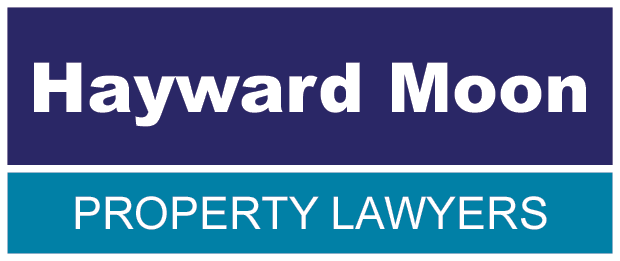What is a deposit in Conveyancing?
Deposit has two meanings. Your mortgage broker will use the term deposit to establish the amount of money you have available to purchase the property. However, when your conveyancer talks about deposit, it is an amount required on exchange of contracts to contractually secure your property.
The Standard Conditions of Sale Fifth Edition – 2018 Revision contains the contractual provisions which governs residential conveyancing transactions. Under these conditions the deposit should be 10% of the purchase price. This applies to each sale contract.
Why do we need a deposit?
The idea of the deposit is that it is intended to cover losses that have been incurred by parties throughout the transaction such as removal costs, legal fees etc should completion not take place.
What happens if my deposit comes from the sale of my property?
If you are buying and selling, you are able to use the deposit coming from your sale in connection with your purchase.
At times this means you do not need to find an additional amount to cover the deposit on your purchase, as you are able to rely on the deposit coming from your buyer or if there is a longer chain, the buyer at the bottom of the chain.
The deposit from the chain is less than 10%
The person at the bottom of the chain is often a first time buyer who has nothing to sell and could be obtaining a 95% mortgage or part of their deposit is tied up with a Help To Buy ISA. Furthermore, most parties sell to purchase a higher value property, which can also impact on the deposit coming from the chain. It is not always possible for each party in the chain to ‘top up’ the deposit from their savings and this can lead to a reduced deposit being offered by the chain.
What happens to the deposit if completion does not take place?
If completion did not occur on the date stated in the contract, where the deposit paid on exchange of contracts is less than 10%, the balance of the deposit becomes payable immediately ie if a 5% deposit was paid on exchange the remaining 5% becomes due. This applies to each contract in the chain. Therefore if you are a seller, you should consider carefully whether you choose to accept a lower deposit. The lower the deposit percentage, the higher the risk.
Please note this article is provided for general information purposes only to clients and friends of Hayward Moon Limited. It is not intended to impart legal advice on any matter. Specialist advice should be taken in relation to specific circumstances. Whilst we endeavour to ensure that the information in this article is correct, no warranty, express or implied, is given as to its accuracy, and Hayward Moon Limited does not accept any liability for error or omission.
Please note this article is provided for general information purposes only to clients and friends of Hayward Moon Limited. It is not intended to impart legal advice on any matter. Specialist advice should be taken in relation to specific circumstances. Whilst we endeavour to ensure that the information in this article is correct, no warranty, express or implied, is given as to its accuracy, and Hayward Moon Limited does not accept any liability for error or omission.



